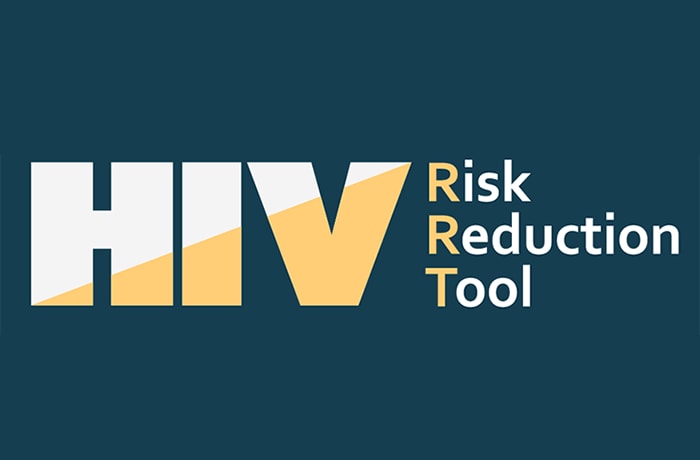Understanding a Negative Result

A negative result doesn’t necessarily mean that you don’t have HIV. That’s because of the window period — the time between HIV exposure and when a test can detect HIV in your body.
- If you get an HIV test after a potential HIV exposure and the result is negative, get tested again after the window period for the test you took.
- If you test again after the window period, have no possible HIV exposure during that time, and the result is negative, you do not have HIV.
If you’re sexually active or use needles to inject drugs, continue to take actions to prevent HIV, like taking medicines to prevent HIV.
If you have certain risk factors, you should continue getting tested at least once a year.
No. Your HIV test result reveals only your HIV status.
HIV is not necessarily transmitted every time you have sex or share needles, syringes, or other drug injection equipment (for example, cookers). And the chance of getting HIV varies depending on the type of exposure or behavior. Taking an HIV test is not a way to find out if your partner has HIV.
Be open with your partners and ask them to tell you their HIV status. But keep in mind that your partners may not know, may be wrong, or may not tell you about their status. Consider getting tested together so you can both know your HIV status and take steps to keep yourselves healthy.

